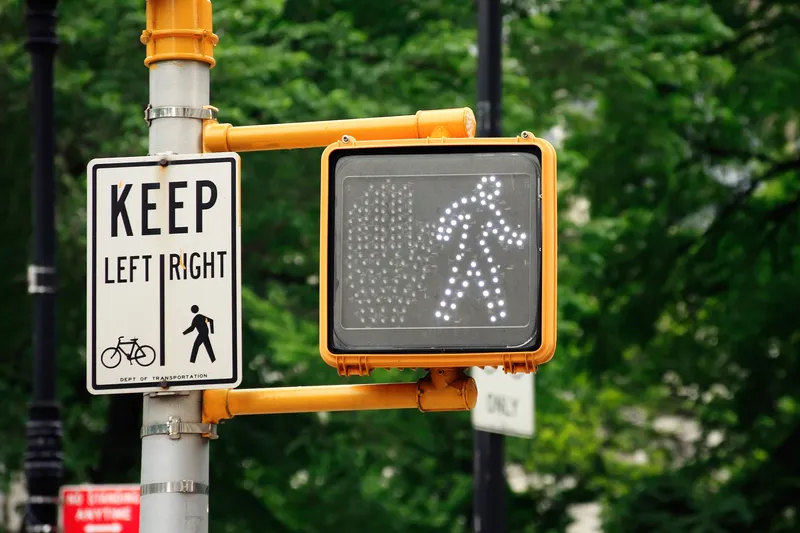Ficosa has received European RED certification for its CarCom platform with cellular vehicle to everything (C-V2X) technology.
The company says the CarCom platform allows users to integrate the DSRC (802.11p) and C-V2X connectivity options in a modular way while also offering a dual mode variant.
Ficosa intends to use the certification to supply automotive components in collaborative systems for smart cities.
The solution integrates Qualcomm’s technology and was certified in collaboration with Dekra Lab
June 27, 2019
Read time: 1 min
Ficosa has received European RED certification for its CarCom platform with cellular vehicle to everything (C-V2X) technology.
The company says the CarCom platform allows users to integrate the DSRC (802.11p) and C-V2X connectivity options in a modular way while also offering a dual mode variant.
Ficosa intends to use the certification to supply automotive components in collaborative systems for smart cities.
The solution integrates








